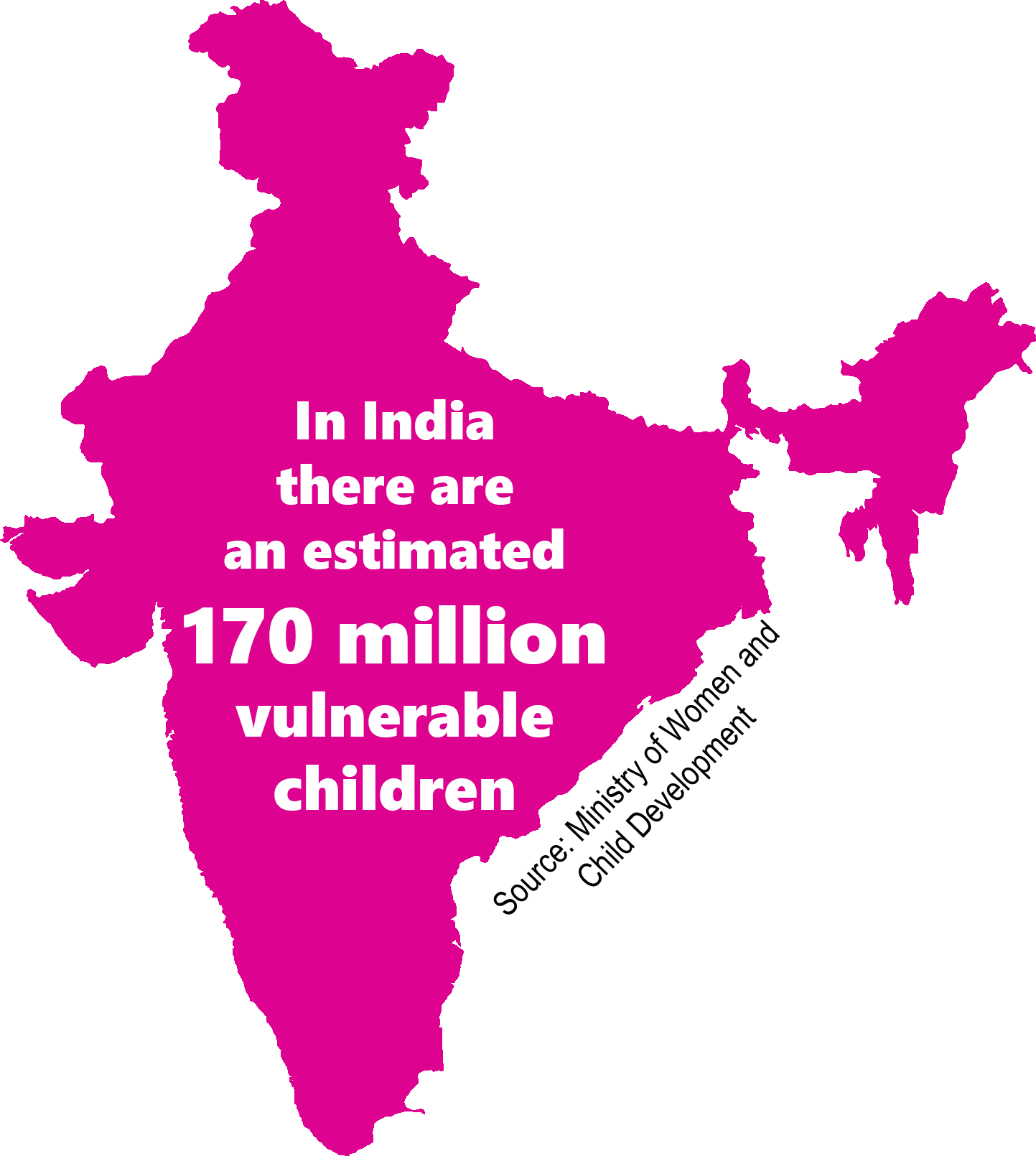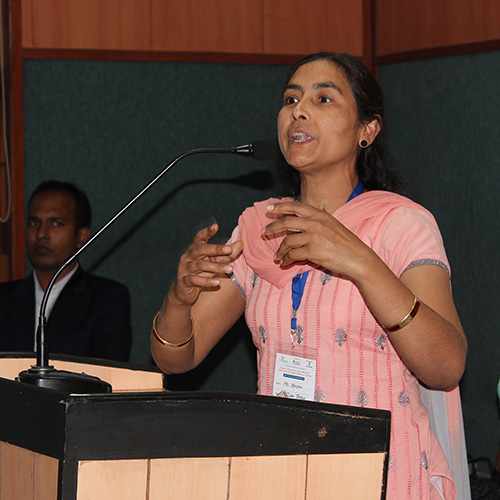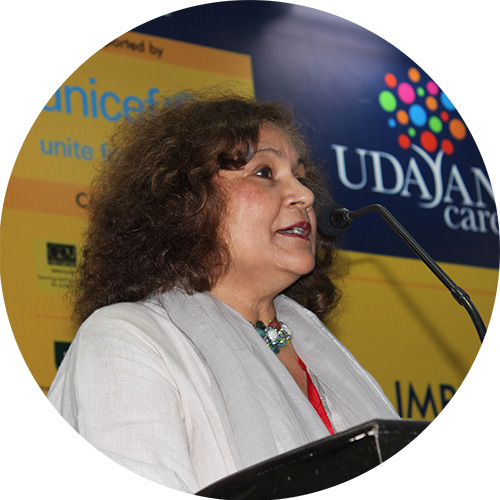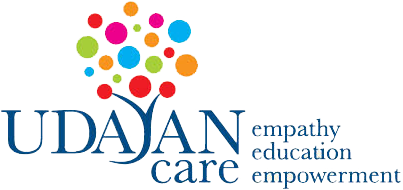
CARING FOR CAREGIVERS, LOVE FOR THE CHILDREN WHO LEAVE

South Asia is home to nearly a quarter of the world’s children. Many live in family conditions of poverty, deprivation, neglect and violence which makes them vulnerable to abandonment and institutionalization. While efforts are necessary to support such families, institutions continue to be needed to provide for the protective care of children deprived of their families. In this context it is essential that every effort be made to work towards improving and providing a quality child rights based alternative care system for all children in need of such services.
Yet alternative care is rarely discussed in public forums. So Udayan Care initiated a Biennial International Conference in March 2014 as a platform to discuss standards for alternative care settings in South Asia, including ways to enhance the legislative and policy environment to support implementation of these standards. On the 18th and 19th of March 2016. the 2nd Biennial International Conference on “Improving Standards of Care for Alternative Child and Youth Care: Systems, Policies and Practices” (2nd BICON) was convened at Amity University. Over 300 delegates from across the globe participated in the conference.

The kind of environment a child is brought up in plays a lifelong role in his/her development process. Caregivers play a crucial part in this environment. Reflecting this importance, the first day of the 2nd BICON was focused on Caregivers. On one hand, the deliberations analysed the different reasons caregivers’ lives can be stressful and burdensome and highlighted the need to keep caregivers mentally strong and stable. Moreover, the conference stressed upon the need to expand the caregiver’s role to that of a parental figure on whom a child can depend for basic as well as emotional needs.

Hence caregivers need to have the proper qualifications and passion for the occupation. Caregiving is not simply a “natural” profession any (woman) can do (a sexist assumption that dangerously imagines all women as perfect caregivers and denies men any capability at all). Furthermore, once recruited, caregivers need to be regularly developed, trained and their motivation kept high at all times so that they can in return be able to care for the children. Additionally, a parallel session with the caregivers themselves revealed that most issues that caregivers faced resulted from organizational pressures rather than from the children themselves. We need to show love those who love our kids.
For youth who have lived in larger-scale orphanages and even smaller group homes, especially for long periods of time, the issue of “graduating” from residential care in a supervised group setting to independent life as an adult in the community can be a huge challenge. As research has shown, this transition puts youth at higher risk of depression, suicide, and drug abuse. The shift from ‘being cared for’ to ‘caring for oneself’ is plagued with feelings of insecurity, anxiety and uncertainty.

Thus the second day of the 2nd BICON raised issues of Aftercare. The transition from an institution when they attain an age of 18 years, into the outside world is difficult for them if it is not well planned and developed with the children. Aftercare is essential as a link between the institution and the outside world and as a training for self-reliance. In Aftercare programs, we need to develop strategies for seamless integration of the child out of institutional care and into the society as a responsible citizen. Therefore, speakers analysed various elements which lead to a successful transition, sharing models to develop peer relations and support, methods of age-appropriate skill development, and means of providing mental health support to aid the transitioning youth to enable a holistic rehabilitation of the child, in addition to strategies to maintain long-term relationships with and connections to the CCI, deemed important for the success of Aftercare programs. Moreover, there was an understanding that all Aftercare programs should follow the principle of individuality, and thus a single approach to all children may not work for Aftercare. Finally, 20 young adults from India, Nepal and Maldives performed a beautiful skit depicting the challenges and resilience of the young adults themselves (put together during the parallel session on that day).
The two days of deliberations gave rise to numerous thoughtful recommendations and ways forward to improve standards of alternative and youth care in South Asia. Yet, equally important, the conference clearly established even though Caregivers and Aftercare were important, they are often neglected area of child protection.
In this newsletter: |
|||

